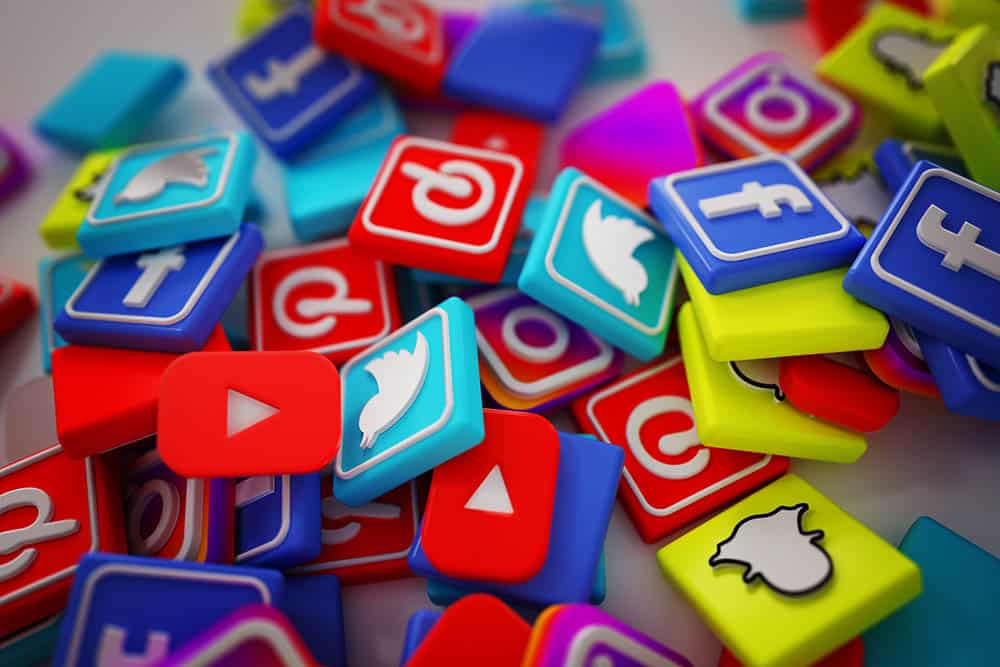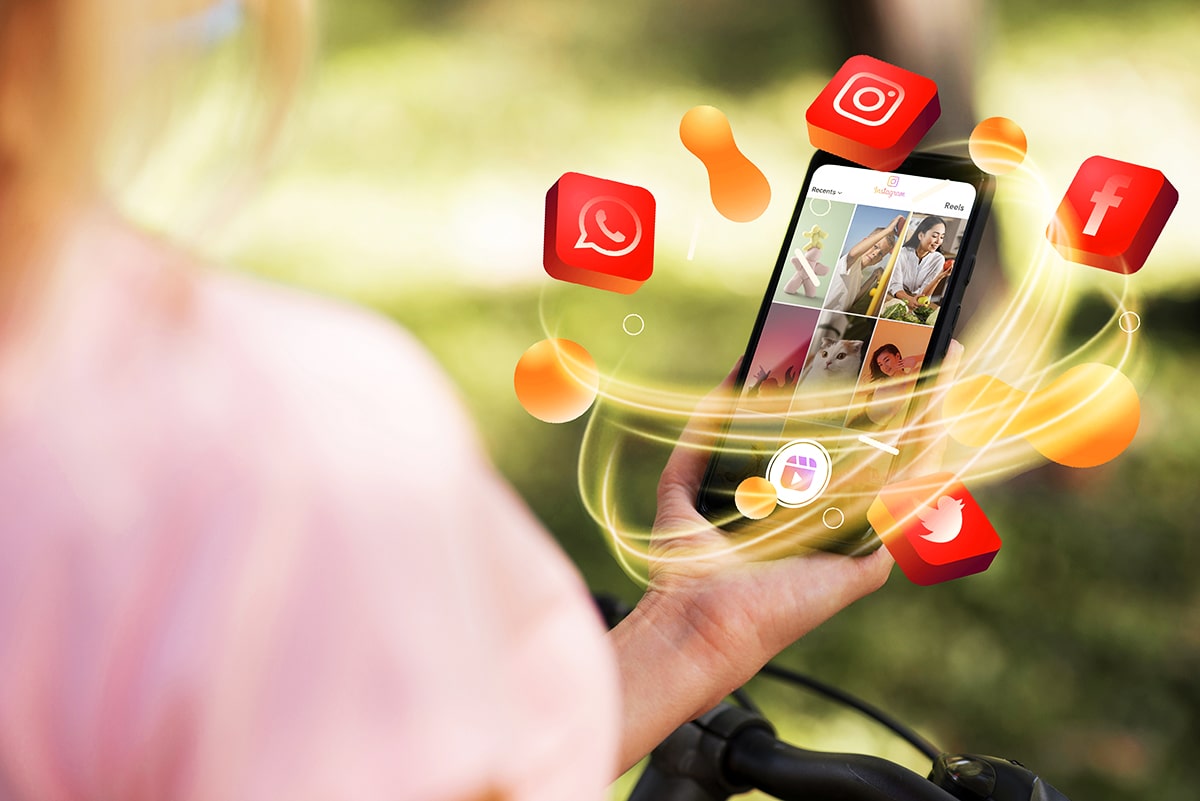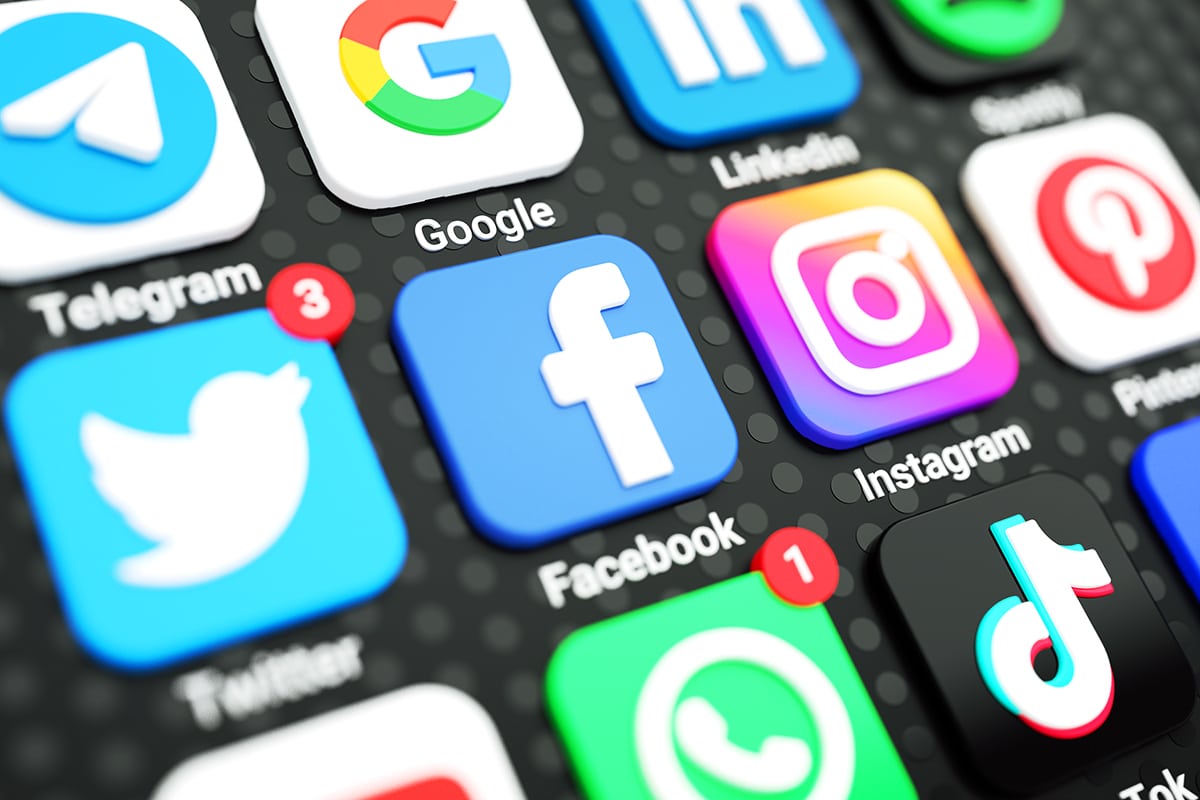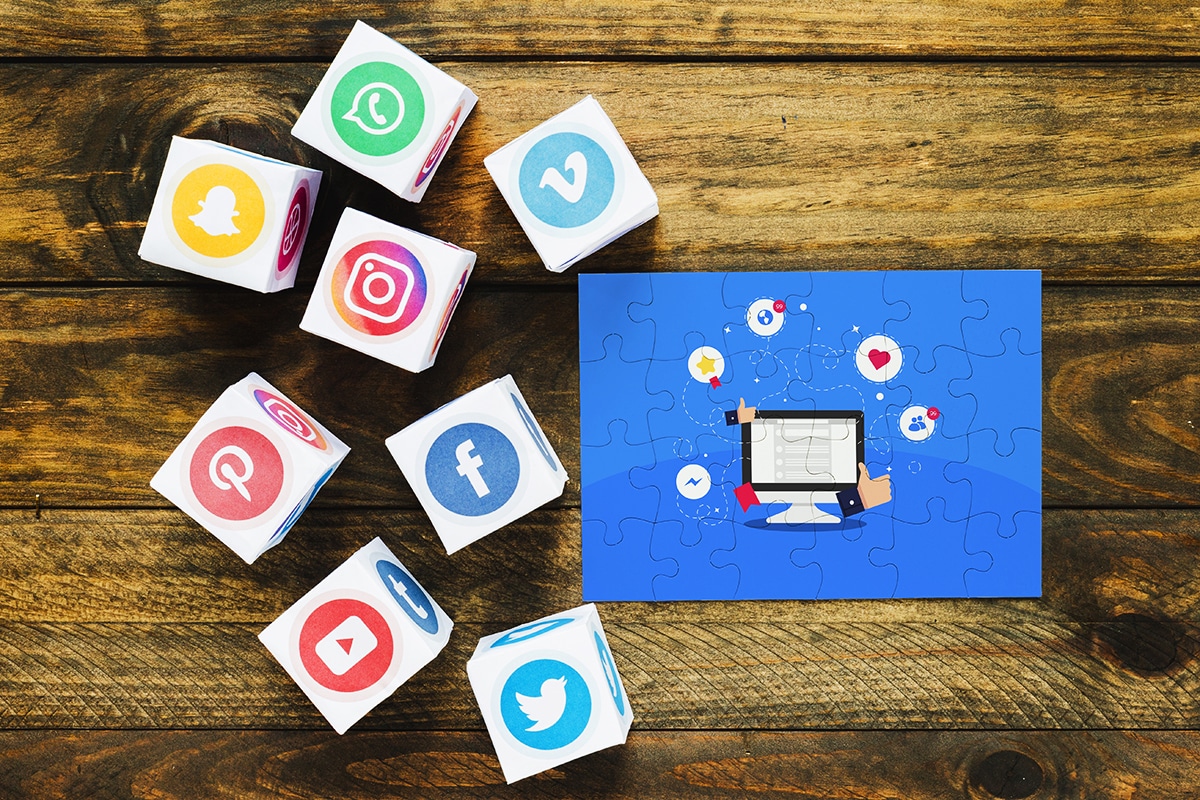Social media has become a part of our daily lives, with millions of people logging onto social networking platforms every day. It’s convenient, entertaining, and often used to stay connected with friends and family. However, some experts argue that social media is damaging to personal relationships, and can have harmful effects on our mental and emotional well-being. In this article, we’ll explore why social media is damaging your personal relationships, how it can affect your mental health, and ways you can break free from the cycle.
The Negative Effects of Social Media on Relationships
Many people use social media to stay connected with loved ones, but studies show that excessive use of social media can have negative effects on our relationships. Here are some of the ways social media is harming personal relationships:
1. The Comparison Game
One of the most common ways social media affects relationships is by triggering the comparison game. We compare ourselves to others based on the pictures and posts we see on social media, and this can lead to feelings of inadequacy, jealousy, and resentment. This can be especially damaging to romantic relationships, as comparisons to others can lead to conflicts and arguments.
2. Time-Wasting
Social media is a huge time-waster, and when we spend too much time scrolling through our feeds, we’re taking away from the quality time we could be spending with loved ones. We become so absorbed in our online lives that we forget about the people around us and miss out on opportunities to connect with them.
3. Misunderstandings and Miscommunications
Social media can also lead to misunderstandings and miscommunications. Online communications lack the nuances of face-to-face conversations, and can be easily misinterpreted. This can lead to hurt feelings, misunderstandings, and arguments that wouldn’t have happened if we had talked in person.
How Social Media Affects Our Mental Health
Social media’s negative effects on our relationships are just the tip of the iceberg. Experts also warn that excessive social media use can have harmful effects on our mental health. Here are a few ways social media can impact our emotional well-being:
1. Increased Anxiety and Depression
Studies show that the more time we spend on social media, the more likely we are to experience anxiety and depression. This is because social media can make us feel inadequate, anxious, and stressed out about our appearances, relationships, and life events compared to what we see online.
2. Lack of Sleep
Social media can also interfere with our sleep patterns, which can take a toll on our mental health. When we check our phones before bed or scroll through our feeds in the middle of the night, we disrupt our sleep and may experience insomnia, fatigue, and other related conditions.
3. Reduced Attention Span
Social media can also reduce our attention spans and make it difficult for us to focus on tasks. This can lead to decreased productivity and lower motivation to engage in meaningful activities.
Breaking Free from the Social Media Cycle
If you’re worried that social media is damaging your relationships or mental health, there are ways to break free from the cycle. Here are a few tips to help you reduce your social media use and improve your personal relationships:
1. Set Limits
Start by setting limits on your social media use. Set a specific time limit for yourself each day, designate days when you won’t use social media at all, or delete social media apps from your phone to make it harder to access them. This will help you concentrate on other aspects of your life and spend more time engaging in meaningful activities.
2. Prioritize Relationships
Make a conscious effort to prioritize your relationships over social media. Make time to see friends and family in person, schedule regular phone or video chats to stay connected if you can’t meet up in person, and engage in activities that allow you to connect with people in real life. This will help you establish stronger connections with loved ones and lead to more fulfilling relationships.
3. Focus on the Present
Don’t let social media distract you from the present moment. Be mindful of the time you spend online and try to be fully present in your offline activities. When you’re with loved ones, put your phone away and focus on engaging with them. This will help you develop greater focus and mindfulness, leading to more meaningful connections with the people around you.
Conclusion
Social media has become an integral part of our lives, but it can also have harmful effects on our personal relationships and mental health. By setting limits, prioritizing relationships, and focusing on the present moment, you can break free from the cycle of social media use and develop more meaningful connections with the people around you.




